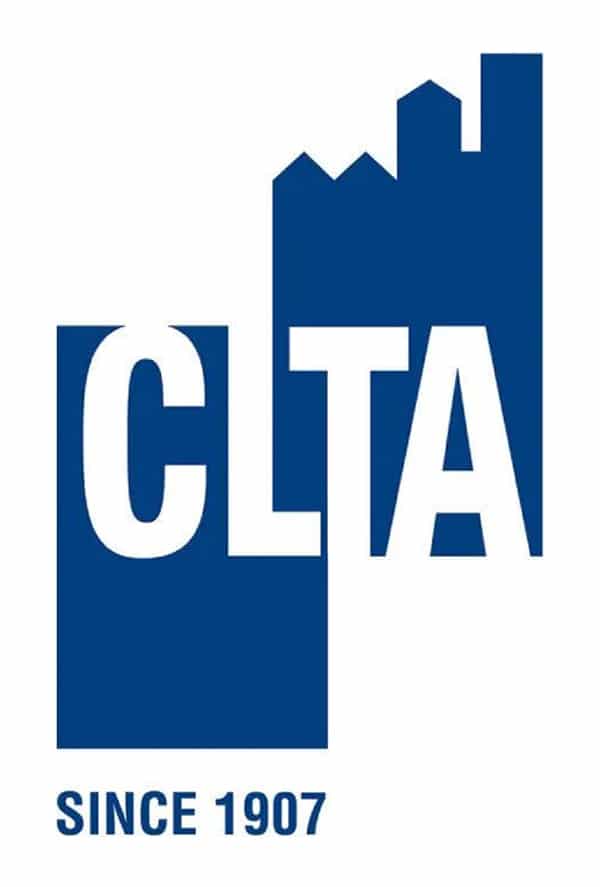Welcome back to D. Bello's Lifestyle Outsourcing Series, where we explore ways to optimize your work and life. Because, let’s face it, there's more to life than just work, and we're here to help you […]

Aug 2, 2023
The year was 2003.
A time before iPhones, Facebook, and YouTube. Blockbuster was still alive. Friends was the number one show on TV. Cargo pants were a thing for some reason… And at age twenty, I began my career at D. Bello.
This year marks my twentieth anniversary in the title and settlement industry. Over the past two decades, I’ve witnessed first-hand the evolution of the real estate market and have been inspired by the contagious passion within our field.
An Industry Like No Other
Passion – that’s an apt word to describe the care that the professionals within our unique industry feel. I’ll never forget my second week on the job. My boss sent me to the Los Angeles County title plant, "TRI". I was mesmerized by one of the veteran title searchers and how deeply satisfied he was performing the work. I didn’t get it, then. I do now.
For many of my friends in the business world, their passion isn’t in what they do; it’s the living that what they do affords them. In our industry, the passion is in the actual work, and I see that across the country. That passion is contagious, and it’s fed my own desire to help our industry thrive. It’s why I serve on the Government Affairs Committee (GAC) and as vice chair of the Title Insurance Political Action Committee (TIPAC) for ALTA. It’s why D. Bello is committed to helping title and settlement agencies thrive.
As I’ve reflected on the past twenty years, I want to share my perspective on the significant changes I’ve seen in our industry, the challenges we are facing and the potential for the future.
The Evolution of Title Production and Remote Work
Perhaps the biggest shift I’ve observed in our industry has been within the realm of title production. While the core of our industry’s product has remained the same, how we get there has evolved, particularly due to rapidly advancing technology.
Cloud-based platforms, document management systems, digital collaboration tools and automation solutions have all allowed title companies to streamline their production process. The companies I’ve observed achieve the most success aren’t the ones at the cutting edge of new technologies, rather they’re the ones strategically deploying proven technologies within existing, organized workflows to enhance productivity.
And while I may be biased in this regard, the rapid advancements in remote work (and outsourcing specifically) afforded by this technology are significantly reshaping our industry for the better. When I began my career, outsourcing was limited to specific tasks within title plants. Over the past two decades, though, title production processes have become more comprehensive, so agents have had to reevaluate outsourcing strategies and embrace remote work practices.
Yet two major events revealed our industry's lack of preparation to do this at scale. In the years leading up to the 2008 financial crisis, I observed an industry shorthanded on skilled labor and unable to scale to meet demand turn to outsourcing as a last resort. Then, when the financial crisis hit, we were ill-prepared. Similarly, the post-pandemic refi boom held the same foundational markers. When interest rates suddenly rose, many were caught flat-footed.
To better prepare for future challenges and disruptions, I encourage you to embrace intentional remote work and outsourcing solutions. When done right and with a purpose, outsourcing cuts costs, opens access to specialized expertise and increases operational efficiency. By leveraging external teams, optimizing internal workflows, and smartly deploying technology, title companies can streamline and scale their operations, focus on the core functions of their business and ensure continuity during times of disruption.
Risks and Challenges Faced by the Industry
Looking ahead to the next five to ten years, though, we’re facing both uncertainties and opportunities. Our aging workforce and the absence of comprehensive succession plans are concerns that I feel require immediate attention. As the silver tsunami makes landfall, we’re poised to lose decades of institutional knowledge and expertise. Without a comprehensive succession plan in place, we’ll fail to fill these knowledge gaps and maintain operational continuity.
We’re also staring down the revived threat of Attorney Opinion Letters and other potential alternatives to traditional title insurance. The widespread adoption of AOLs as a replacement for title insurance is a significant disruption. And I understand the resistance to our core product: it’s costly and not widely understood. Yet, the decision-makers making these moves fail to take into account the long-term ramifications of what these alternatives will do.
Looking to the future, I’m both concerned and optimistic. I see the looming challenges, but I also recognize the importance of staying open-minded and flexible, and continually revisiting plans to adapt to the changing landscape. As an industry, we must actively address these challenges by adopting a proactive mindset.
This means setting aside our reactive tendencies. In an industry with little control over the demand for our core product, we must learn to anticipate future challenges and develop strategies to recruit and train new talent. Mentorship programs, professional development opportunities and leveraging technology for knowledge transfer are all steps toward creating a smoother transition.
In addition, these uncertainties around title insurance alternatives mean that we must all take a stand and become advocates for the core value of our industry. By emphasizing the benefits of property ownership protection, risk mitigation and financial security, we can build a stronger case for its continued relevance. Engaging in public relations efforts through ALTA and participating in discussions on potential alternatives are crucial steps.
Within your own organizations, I encourage you to work to foster a culture of continuous learning and adaptability. Coach your employees to stay updated on industry developments, attend conferences, association events and training programs and share knowledge across your teams. Nurture a forward-thinking mindset that embraces change and rewards proactive problem-solving. By creating a learning culture, you can allow your teams to tap into the collective intelligence of your workforce and drive innovation.
In conclusion, I urge all of us to be our own harshest critics. If we don’t advance the rate of improvement, someone else will do it for us. Work harder. Innovate faster. Push the envelope. Don’t be a taxi. By taking proactive measures, staying ahead of the curve and collectively communicating our industry's true value, we can shape the future, thrive in a changing landscape and secure our position as an indispensable protector of property transactions.
We need to rally the tens of thousands of individual voices in our industry to fight for the value of what we provide. Our industry is so much more than the elevator story I often hear or the credit we give ourselves. Let’s work together to build a stronger, more resilient industry that continues to deliver excellence.







